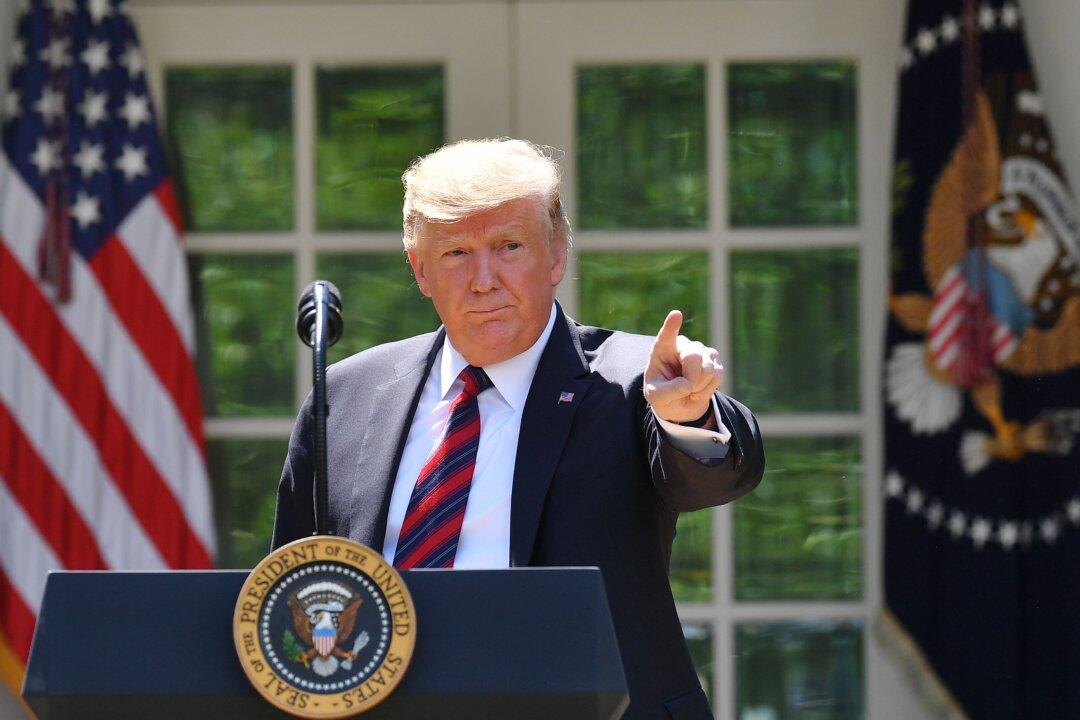Attorneys for President Donald Trump filed an appeal on May 21, challenging a federal judge’s ruling to uphold a House committee subpoena seeking financial records from Trump’s accounting firm.
U.S. District Judge Amit Mehta, an appointee of President Barack Obama, ruled in favor of the House Committee on Oversight and Government Reform on May 20 and gave Mazars LLP seven days to comply with the committee’s subpoena.





